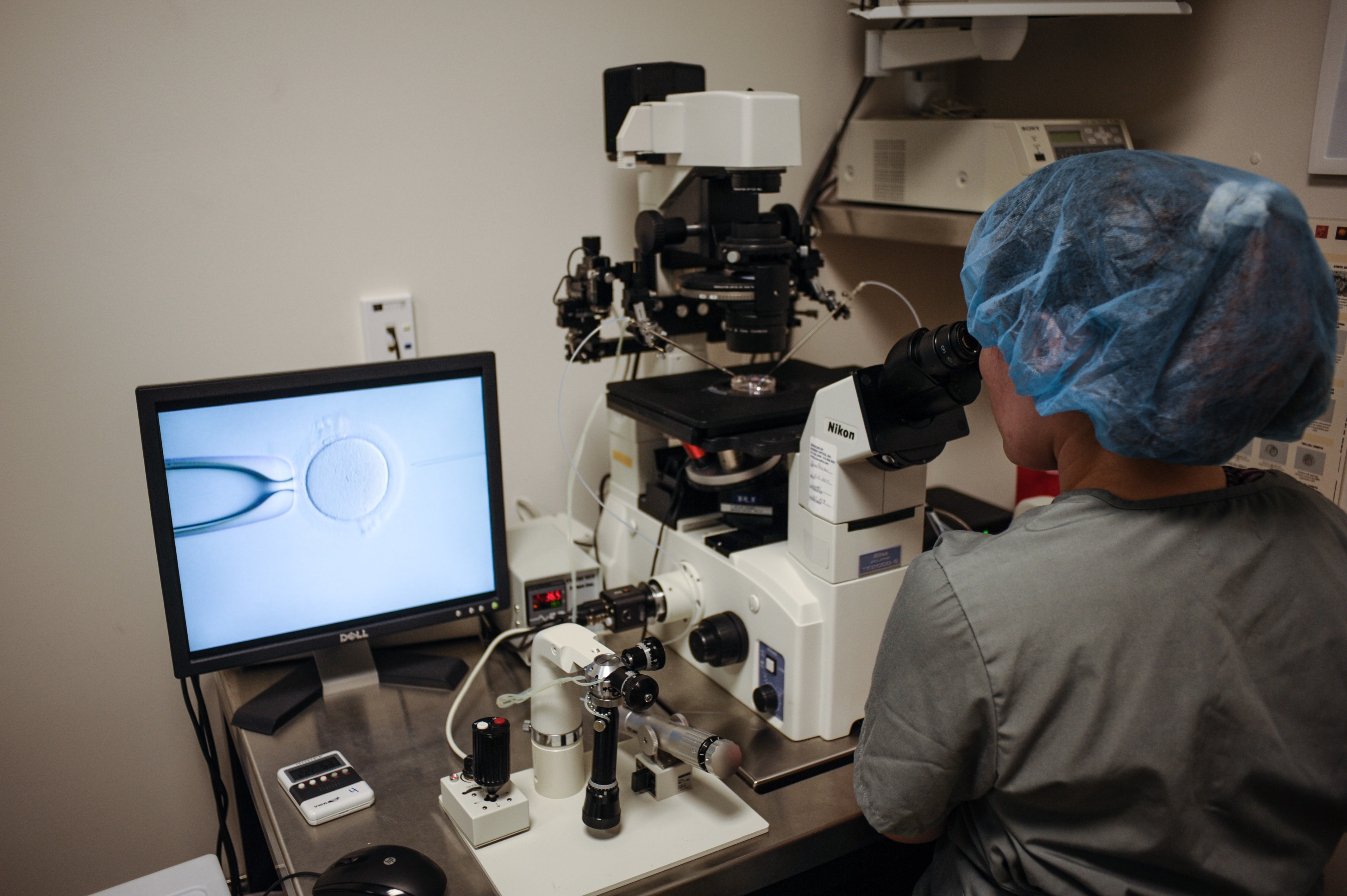The United States is facing a fertility crisis. The facts are indisputable. Our nation’s birth rate has dropped to its lowest point in decades, and year after year, it continues to fall. If these trends continue, the consequences for America’s future could be devastating.
Many natalist-minded conservatives have already written on the causes of this crisis, with some attributing it primarily to cultural changes in the modern U.S. However, while such changes have no doubt played a role, it is also impossible to ignore the difficult economic realities of our day, particularly those facing millennials. While the prospect of having children has always been daunting, this generation of would-be parents is experiencing a number of unique economic stressors — issues which must be addressed by any would-be solution to our crisis.
Here’s an example: Did you know the average cost of having a baby in the United States in 2019 was almost $11,000? And that’s without complications, according to data from FAIR Health. Add health issues for the mother or even a short NICU stay for the infant, and suddenly you’re looking at years of health care bills. While having insurance certainly helps, it doesn’t exactly solve the problem — for example, according to the same data, a complication-free birth in Virginia while insured still costs north of $6,500, and that bill spikes to $10,000 if you happen to be one of the nearly one in three women who need a cesarean section. (RELATED: Here Are The Best And Worst States For Becoming New Parents)

An embryologist is seen at work at the Virginia Center for Reproductive Medicine, in Reston, Virginia on June 12, 2019. (IVAN COURONNE/AFP via Getty Images)
The disincentives don’t stop there. Thanks to our society’s overemphasis on higher education, more and more millennials are taking on five (and sometimes even six!) figures of student loan debt. With that debt comes monthly minimum payments that eat up would-be parents’ disposable income. Moreover, in addition to its economic cost, this debt appears to be contributing to a delay in some of the more important coming-of-age moments in adulthood. Acting as a sort of reverse dowry, the burden of debt encourages young people to delay marriage, purchasing a home, and, of course, having children, all in an endless pursuit to get ahead financially long enough to finally break even again.
And let’s not forget the cost of living issues that are affecting everyone, not just millennials. Although real wages have increased over the past couple years, prior to President Donald Trump we saw nearly two decades of stagnant wages. Working-class people are still feeling the effects of that stagflation — their money simply doesn’t go as far as it used to.
So, what can be done?
Naturally, big problems such as these will ultimately require big solutions: perhaps reworking our tax code to put families on the same footing as corporations, or changing our economic policy to treat labor and capital formation equally. Fortunately, however, there are also small, politically practical steps we can take to start moving in the right direction. Here’s one especially good idea: a proposal I’ve dubbed the “baby bonus.” (RELATED: American Renewal: Republicans Need To Think Big On Family Policy)
About one in every 9 or 10 kids starts talking late. “More than half the time, nothing is wrong and late talking is just a stage,” Camarata told me. If you follow a group of 2- and 3-year olds who have language delays, as many as 60 percent will be speaking just fine a year or two later. If your child still isn’t saying words at 18 months, be sure to bring it up with his or her doctor. Don’t just assume your child will simply grow out of it. A physical exam and a hearing test to rule out problems is always the best first step, Camarata says. Then a speech pathologist can check for language disorders.
First introduced late in 2019 by Democratic Arizona Sen. Kyrsten Sinema and Republican Louisiana Sen. Bill Cassidy, the “baby bonus” would provide new parents with immediate financial assistance using the already existing Child Tax Credit (CTC). Upon the birth or adoption of a child, new parents who qualify for the full CTC would have the option to immediately receive a $5,000 check from the federal government. They would then pay that back at 0% interest in the form of reduced Child Tax Credits ($1,500 instead of $2,000) over the next 10 years.

U.S. Sen. Bill Cassidy (R-LA) walks down a flight of stairs after a vote in the Senate Chamber on Capitol Hill November 30, 2017 in Washington, DC. Senate Republicans are poised to pass sweeping tax cuts as early as Thursday night or Friday. (Photo by Mark Wilson/Getty Images)
A reduced option also exists for low-income families — those with a household income under $11,830 in 2019 — who would not qualify for the full, refundable CTC. These families would have the option to receive a check for the equivalent of 12 weeks wage replacement, and then pay back that amount (at 0% interest!) via a reduced CTC over the next 15 years.
Unlike some family leave plans, the baby bonus bill is not tied to taking time off work. New parents can use their FMLA (Family and Medical Leave Act) time, or not — there are quite literally no strings attached. Parents can do whatever they want with it: pay down their credit cards, put it in an HSA or a different interest-bearing account, or even buy a year’s supply of diapers. It’s a $5,000 check, available to you immediately upon the birth or adoption of your child, and it is paid back automatically via a reduced credit on future tax returns. That’s it. (RELATED: Sen. Rubio: America Is Coming Apart — Here’s How We Start The Revival)
And importantly for the fiscally conscious, this proposal is also almost entirely budget-neutral. It is just front-loaded money to which parents are already entitled, giving them the ability to change the timing of their CTC to help them get a financial leg up in the first year.
Does this proposal solve everything? Will America’s birth rate double upon passage? Of course not. There’s still much to do. But the baby bonus bill is a good start — and a concrete proposal for a truly pro-family economic agenda. For members of Congress concerned about our growing fertility crisis (or just concerned with helping the average family), passing this bill in 2020 should be a no-brainer.
Terry Schilling is the executive director at American Principles Project. Follow him on Twitter @Schilling1776.
The views and opinions expressed in this commentary are those of the author and do not reflect the official position of the Daily Caller News Foundation.
All content created by the Daily Caller News Foundation, an independent and nonpartisan newswire service, is available without charge to any legitimate news publisher that can provide a large audience. All republished articles must include our logo, our reporter’s byline and their DCNF affiliation. For any questions about our guidelines or partnering with us, please contact licensing@dailycallernewsfoundation.org.


